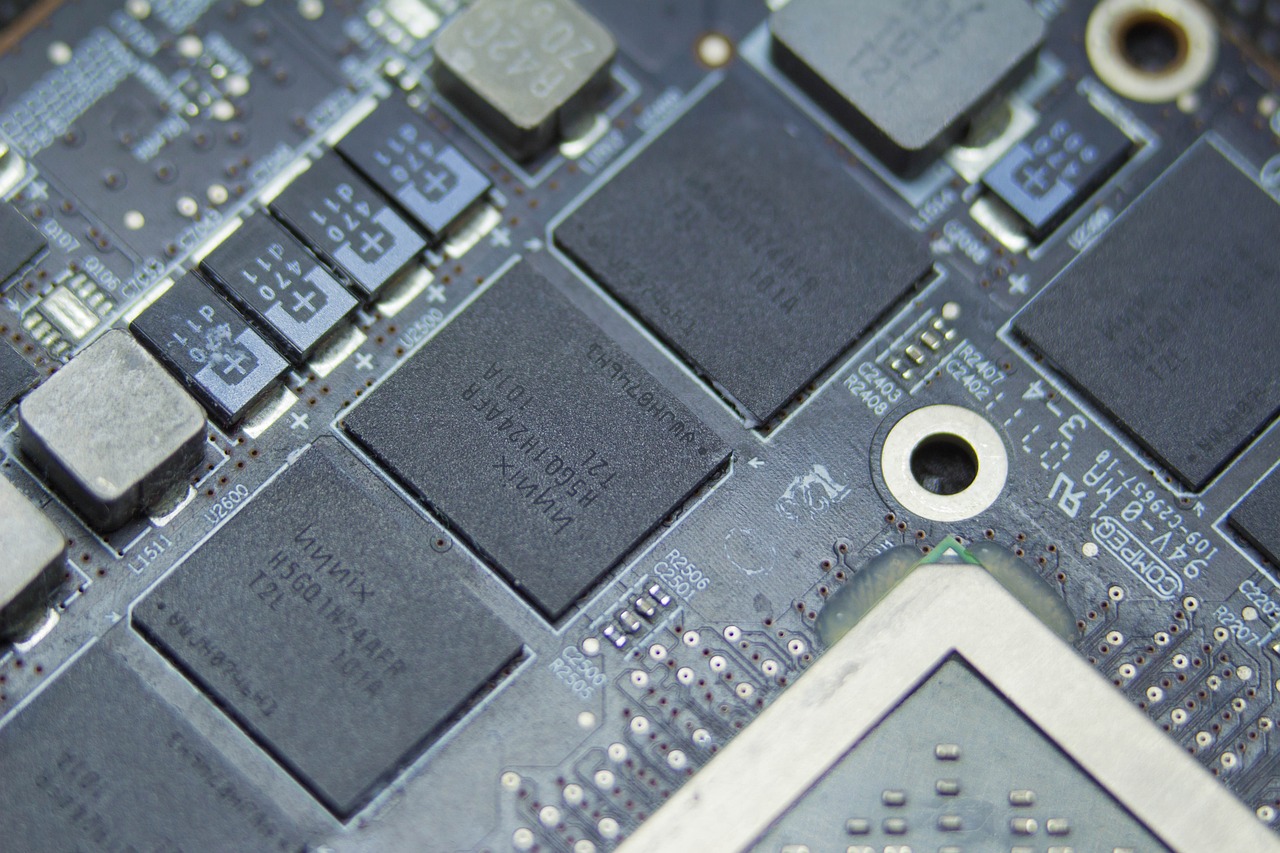The Impact of Blockchain in Reducing Fraudulent Financial Transactions
Blockchain technology has revolutionized financial transactions by introducing decentralization and transparency. Through a distributed ledger system, blockchain eliminates the need for intermediaries, resulting in faster and more cost-effective transactions. This helps in reducing transaction fees and streamlining the process of transferring funds across borders, making it an advantageous choice for businesses and individuals alike.
Moreover, the immutability of blockchain ensures that once a transaction is recorded, it cannot be altered or tampered with. This added layer of security provides confidence to parties involved in financial transactions, as the integrity of the data is maintained throughout the process. Additionally, the use of cryptographic techniques in blockchain technology further enhances the security and privacy of financial transactions, offering a level of protection against potential cyber threats and fraud.
How Blockchain Enhances Security in Financial Transactions
Blockchain technology enhances security in financial transactions through its decentralized nature. Traditional financial systems often rely on a centralized authority to verify and validate transactions, making them vulnerable to cyber attacks and fraudulent activities. In contrast, blockchain operates on a network of computers where each transaction is encrypted and linked to the previous one, creating a secure and transparent digital ledger.
Moreover, the use of cryptography in blockchain technology ensures that data stored in the system is tamper-proof. Each block in the chain contains a unique cryptographic hash that is generated based on the contents of the block. Any attempt to alter the information within a block will result in a change in the hash, alerting the network to the presence of unauthorized modifications. This immutability of data makes blockchain a resilient and trustworthy solution for securing financial transactions.
The Role of Blockchain in Preventing Fraudulent Activities
Fraudulent activities are a significant concern in financial transactions, creating the need for robust systems to deter and detect such activities. Blockchain technology plays a pivotal role in preventing fraudulent activities by providing a secure and transparent platform for recording transactions. Each transaction is encrypted and linked to previous transactions, forming a chain of blocks that are immutable and tamper-proof.
The decentralized nature of blockchain ensures that transactions are verified by multiple participants in the network, reducing the risk of fraud. Additionally, smart contracts can be deployed on blockchain to automate processes and enforce predefined rules, further minimizing the possibility of fraudulent activities. The use of blockchain technology not only enhances the security of financial transactions but also builds trust among participants in the system, ultimately reducing the incidence of fraud.
• Blockchain technology provides a secure and transparent platform for recording transactions
• Each transaction is encrypted and linked to previous transactions, forming a tamper-proof chain of blocks
• Decentralized nature of blockchain ensures verification by multiple participants, reducing fraud risk
• Smart contracts can be deployed on blockchain to automate processes and enforce rules, minimizing fraudulent activities
• Enhances security of financial transactions and builds trust among participants in the system
What are some benefits of using blockchain technology in financial transactions?
Some benefits of using blockchain technology in financial transactions include increased transparency, immutability of records, reduced risk of fraud, and faster transaction processing times.
How does blockchain enhance security in financial transactions?
Blockchain enhances security in financial transactions by utilizing cryptographically secure protocols and decentralized networks to verify and record transactions. This makes it extremely difficult for unauthorized parties to tamper with or manipulate the data.
What role does blockchain play in preventing fraudulent activities?
Blockchain plays a key role in preventing fraudulent activities by providing a secure and transparent platform for recording transactions. Its decentralized nature makes it difficult for fraudsters to manipulate or falsify data, reducing the risk of fraud in financial transactions.





